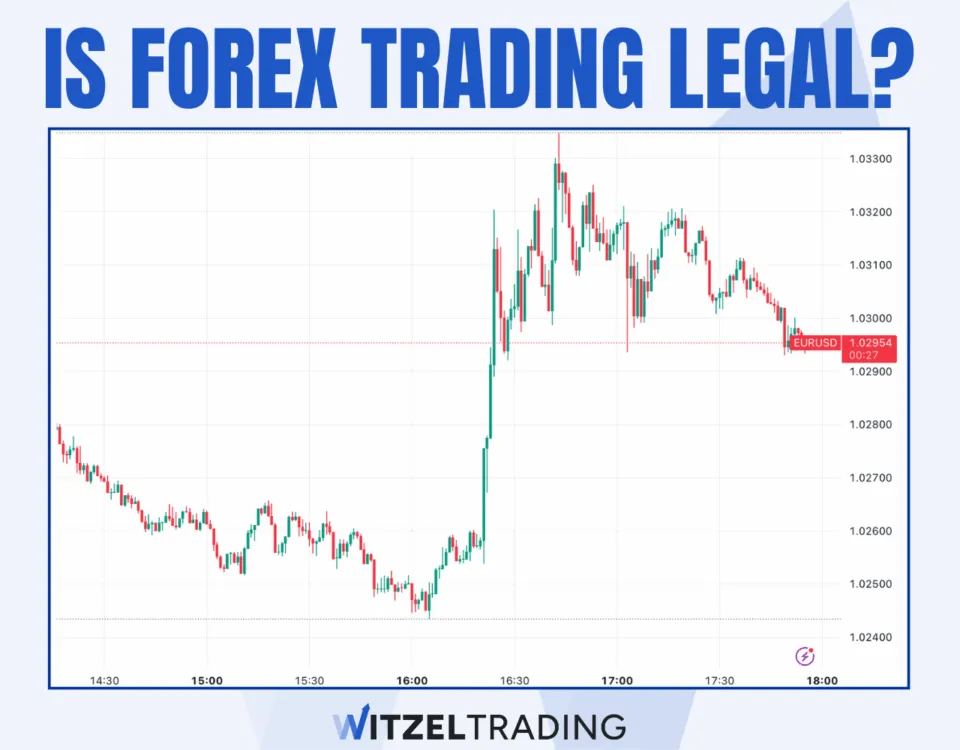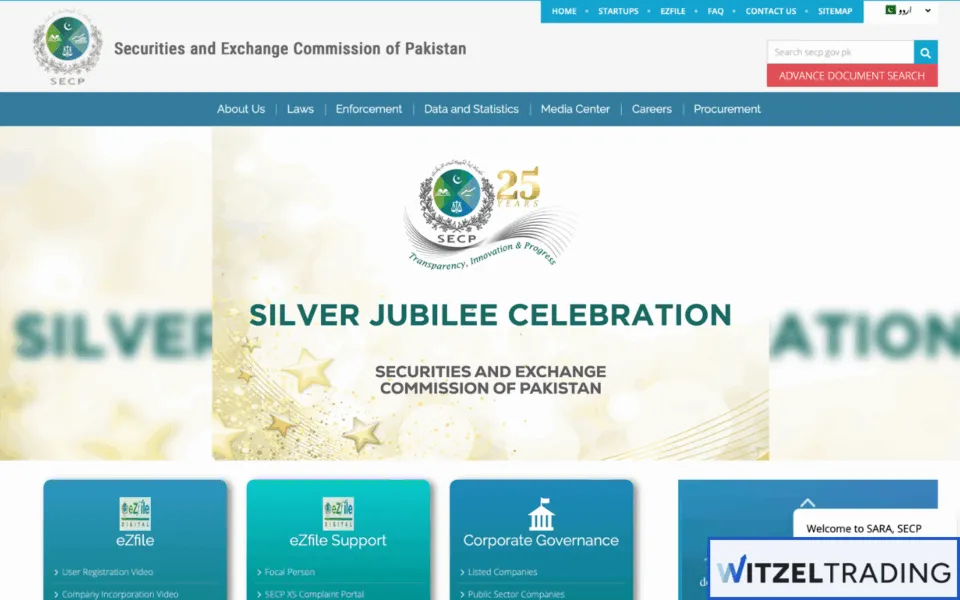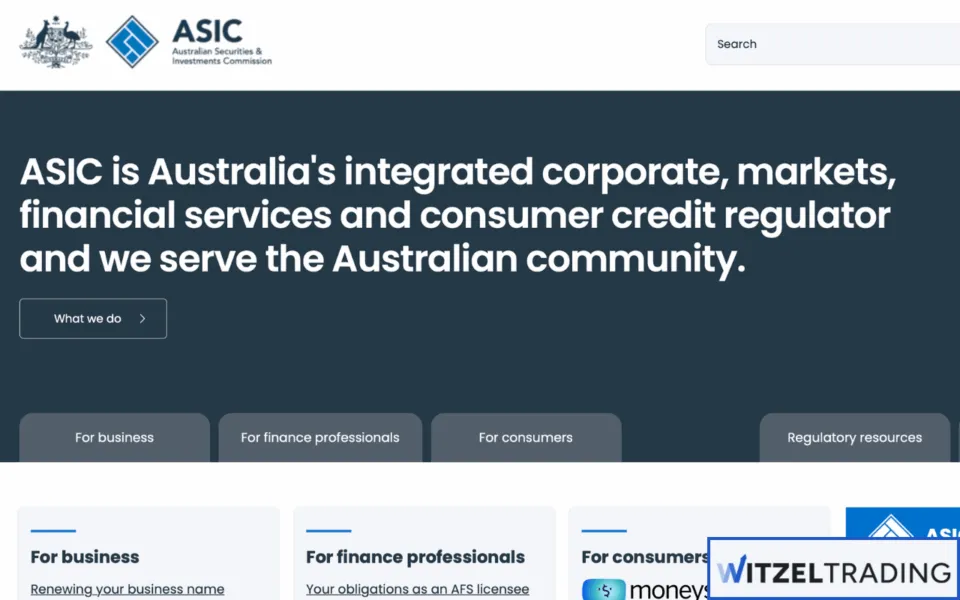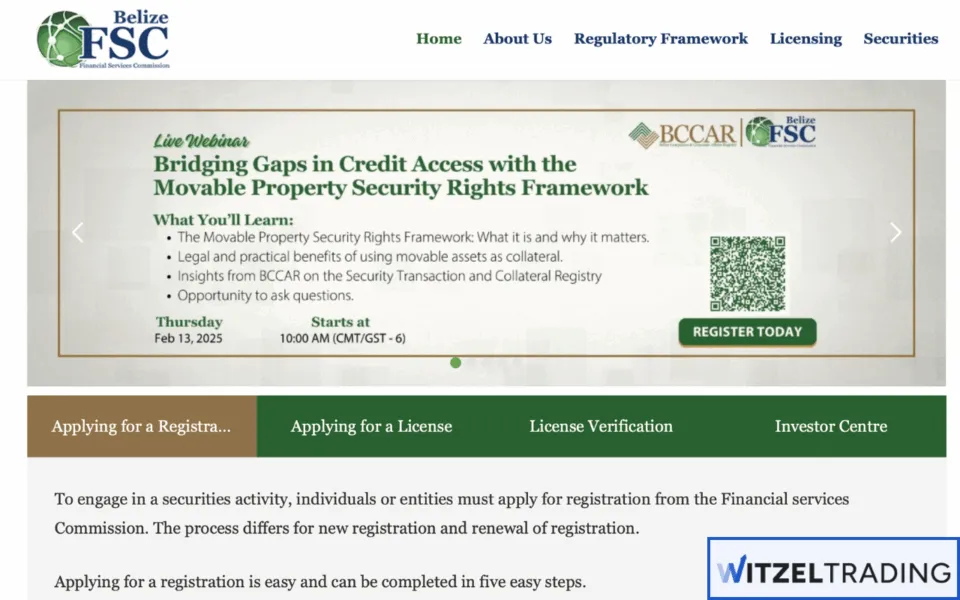Yes, forex trading is legal in most countries around the world, provided it is conducted through regulated brokers and adheres to local financial regulations. Forex trading is the buying and selling of currencies in the global foreign exchange market, and while it is a legitimate activity, the legality and regulation of forex trading vary by country.
In regulated countries, you have protections like oversight from financial authorities, fraud prevention measures, and clear rules regarding broker conduct. Some nations, however, restrict or outright ban forex trading due to concerns about capital flight, fraudulent practices, or an effective lack of robust financial oversight.

In which countries is Forex Trading Not Legal?
In some countries, forex trading is banned or restricted due to government policies, lack of regulation, or economic concerns:
- Iran. Forex trading is outright banned in Iran due to strict financial and political controls-the government enforces tight restrictions on foreign exchange to maintain control over the economy and curb capital flight, especially given international sanctions that have placed significant pressure on the country’s financial systems.
- North Korea. All forms of forex trading are banned as part of the government’s control over financial and economic activities.
- Belgium. Retail forex trading and contracts for difference (CFDs) are banned due to concerns over high-risk speculative trading.
- Israel. Forex trading is banned to protect citizens from high-risk financial activities and potential fraud.
- Bosnia and Herzegovina. Forex trading is banned due to the lack of regulatory infrastructure and concerns over financial stability.
- Pakistan. Due to strict Sharia laws, forex trading is heavily restricted and effectively banned to prevent activities considered as gambling.

There are also countries where heavy restrictions are placed on forex trading, and although it remains perfectly legal in these jurisdictions, some of these entries might surprise you:
- India. Forex trading is legal only on registered exchanges and in specific currency pairs involving the Indian Rupee (INR)-spot currency trading and trading through online platforms not registered in India are officially illegal.
- Malaysia. Forex trading is heavily regulated, and only licensed institutions are permitted to offer forex trading services (unlicensed platforms, such as eToro, have been flagged by the Securities Commission Malaysia for operating without proper licensing).
- France. Certain high-risk financial products, including some forms of forex trading, are restricted to protect retail investors.
- South Korea. Forex trading is legal only through domestically licensed brokers, with a maximum leverage of 1:10 (opening accounts with foreign brokers is illegal due to capital controls).
- Turkey. Forex trading is restricted to brokers licensed by the Capital Markets Board of Turkey, with a maximum leverage of 1:10 and a minimum deposit requirement.
- China. Forex trading is legal but heavily regulated, and residents are prohibited from opening accounts with foreign brokers due to capital controls.
- Nigeria. Forex trading is legal but subject to restrictions aimed at controlling capital outflows and ensuring financial stability.
- Russia. Forex trading is legal but heavily regulated, with only licensed brokers permitted to offer services, while there are also restrictions on leverage and capital requirements.
- Ukraine. Forex trading is legal but extensively regulated, with measures in place to control capital movement and ensure market stability.
- Egypt. Forex trading is legal but subject to restrictions to prevent capital flight and protect the local currency.
- The Philippines. Forex trading is noticeably regulated, and platforms like eToro and others have been flagged by the Securities and Exchange Commission for operating without necessary licenses.
- Canada. Forex trading is legal but regulated at the provincial level, and again platforms like eToro have faced fines for operating without proper registration.
- Japan. Forex trading is legal but heavily regulated, with a maximum leverage of 1:25 for major currency pairs, with traders being required to operate only through domestically licensed brokers.
In which countries is Forex Trading Legal?
Forex trading is legal and widely practiced in many countries, as long as traders comply with the regulations that are set by financial authorities. It is by and large completely legal in both North and South America, most African, Middle-Eastern, and European countries, as well as most of Asia.
Indeed, forex trading is a reputable and popular pursuit in first-world, intermediate, and third-world countries:
First-world countries where forex trading is legal include:
| Country |
|---|
| United States |
| United Kingdom |
| Germany |
| Canada |
| Japan |
| Australia |
| Switzerland |
| Singapore |
| Norway |
| Sweden |
| Netherlands |
| France |
| New Zealand |
| South Korea |
| Hong Kong |
| United Arab Emirates |
| Italy |
| Qatar |
| Saudi Arabia |
| Taiwan |
| Belgium |
| Austria |
| Denmark |
| Finland |
| Ireland |
| Israel |
| Spain |
Countries considered intermediate as determined by GDP and other relevant metrics would include:
| Country |
|---|
| Brazil |
| Bulgaria |
| Chile |
| Colombia |
| Croatia |
| Cyprus |
| Czech Republic |
| Estonia |
| Hungary |
| Jordan |
| Latvia |
| Lebanon |
| Lithuania |
| Malaysia |
| Malta |
| Mexico |
| Peru |
| Poland |
| Romania |
| Russia |
| Serbia |
| Slovakia |
| Slovenia |
| South Africa |
| Thailand |
| Turkey |
And finally, third-world countries where forex trading is legal and widespread include:
| Country |
|---|
| Philippines |
| India |
| Vietnam |
| Indonesia |
| Nigeria |
| Kenya |
| Bangladesh |
| Morocco |
| Egypt |
| Pakistan |
| Ukraine |
| Armenia |
| Georgia |
| Kazakhstan |
| Uzbekistan |
| Sri Lanka |
How is Forex Trading Regulated?
Forex trading regulation ensures transparency, fairness, and protection for traders by holding brokers accountable under criminal law. Regulations typically focus on the following:
- Licensing and registration. Brokers must obtain licenses from financial authorities in the countries where they operate-this ensures that they meet strict standards for financial stability and operational integrity.
- Capital requirements. Regulators require brokers to maintain minimum capital reserves to safeguard against insolvency.
- Segregated accounts. Brokers must separate client funds from company funds to prevent misuse or loss in case of bankruptcy.
- Anti-Money Laundering (AML) and Know Your Customer (KYC). Brokers are obligated to verify the identity of clients and monitor transactions to prevent money laundering or fraud.
- Leverage restrictions. Many regulators cap leverage to reduce the risk of excessive losses for retail traders (ESMA in Europe: 1:30 leverage cap for retail clients, ASIC in Australia: 1:30 for major currency pairs).

Where is Forex Trading Not Regulated?
Forex trading is not specifically regulated or poorly regulated in some jurisdictions, creating risks for traders. That said, although jurisdictions like Belize, Vanuatu, and others are often touted as “unregulated”, they are indeed still regulated, although regulation is often not as stringent as it might be elsewhere.
Even in countries where no explicit forex legislation exists, the central bank always has provisions that broadly govern activities, and only in countries that are completely lawless and almost no longer a country in the commonly understood sense (Somalia, for example) can forex trading be said to be truly unregulated.
Even where no formal regulator exercises control over brokers and participants, there is often membership-based oversight/compensation provided by The Financial Commission (FC) and, while it’s not nearly as reassuring as government legislation, it does provide a layer of protection for traders.
That said, the lack of a centralized regulatory body to oversee brokers and protect investors in some countries means traders face greater risks, such as fraud, lack of fund protection, and possibly other dubious broker practices.
Who are the Most Secure Regulators of Forex Trading?
Some regulatory bodies are known for their stringent oversight and robust protections for traders. The most secure regulators include:
| Regulator | Country/region | Key features |
|---|---|---|
| Financial Conduct Authority (FCA) | United Kingdom (UK) | Requires high transparency and segregated accounts. |
| Commodity Futures Trading Commission (CFTC) | United States (US) | Strict enforcement that protects against fraud and malpractice. |
| Australian Securities and Investments Commission (ASIC) | Australia | Caps leverage and ensures trader fund security. |
| European Securities and Markets Authority (ESMA) | European Union (EU) | Harmonizes regulations across EU nations, limits risks. |
| Monetary Authority of Singapore (MAS) | Singapore | Highly regarded for enforcing strict financial standards. |
If you’re dealing with brokers regulated by these authorities, you can be confident that your funds are protected, and that your broker operates ethically.
What are the different Regulation Levels of Forex Trading?
Forex trading regulations differ in scope and strictness depending on the country and the regulating authority, from high to zero regulation. They can be broadly categorized into the following levels:
1. High Regulation
Countries like the United States, UK, and Australia impose stringent regulations to protect traders, requiring brokers to maintain high operational standards.
2. Moderate Regulation
Some countries enforce reasonable regulations but may not be as strict in oversight (examples would include South Africa, Cyprus, and New Zealand).
3. Minimal Regulation
Offshore jurisdictions like Seychelles and Belize offer forex licenses with fewer requirements and, while legal, these brokers often lack rigorous trader protections.

4. Unregulated Markets
In countries where forex trading is legal but unregulated, you’re exposed to unscrupulous brokers, and such markets pose a high risk of scams and ensuing financial losses.
Conclusion: Forex Trading is Legal in Most Countries
Forex trading is an overwhelmingly legal and globally recognized financial activity, however, the legal status and regulatory framework vary significantly across countries. While most major economies have robust regulations in place to protect traders, some nations either restrict forex trading or leave it unregulated.
You must ensure that you operate within the legal framework of your jurisdiction, and use brokers regulated by credible authorities to minimize your risk.
Frequently Asked Questions on Forex Trading Bans and Regulations
Is forex trading legal everywhere?
No, forex trading is not legal in every country. While it is legal in most developed and developing economies, some nations restrict or outright ban it-see the list above.
Why do some countries ban forex trading?
Forex trading is banned in certain countries due to concerns about capital flight, fraudulent activities, or lack of regulatory infrastructure (the country has either not evolved a regulatory framework, or is beset by other priorities).
How do I check if my forex broker is regulated?
You can verify the broker’s license number on the official website of its regulatory authority (like the FCA, CFTC, or ASIC). Regulated brokers also ensure that their license number and/or regulating authority is readily accessible through their website.
Can I trade forex in a country where it’s unregulated?
Yes, but trading in unregulated markets is risky due to the lack of oversight, which increases the chance of you being defrauded and suffering financial losses.
Which regulatory bodies are the most trusted?
The FCA (UK), CFTC (US), ASIC (Australia), and ESMA (EU) are some of the most secure and trusted forex regulators globally, and indeed traders worldwide are reassured when brokers are regulated by these bodies.
What happens if a broker violates regulations?
Reputable regulators impose fines, revoke licenses, or take legal action against brokers that breach rules, thus ensuring trader protection.


